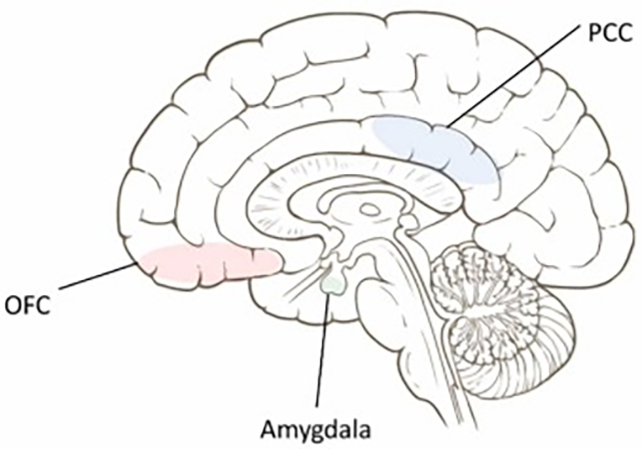There are many ways to boost brain power, from exercising more often to learning new skills. But what about boosting the actual size of your brain?
According to a new study, wearing the right kind of perfume or cologne can enlarge your brain's gray matter.
Researchers from Kyoto University and the University of Tsukuba in Japan asked 28 women to wear a specific rose scent oil on their clothing for a month, with another 22 volunteers enlisted as controls who put on plain water instead.
Magnetic resonance imaging ( MRI) scans showed boosts in the gray matter volume of the rose scent participants.
While an increase in brain volume doesn't necessarily translate into more thinking power, the findings could have implications for neurodegenerative conditions such as dementia.
Related: Surprise Link Between Menthol And Alzheimer's Found in Mice
"This study is the first to show that continuous scent inhalation changes brain structure," write the researchers in their published paper.
We've seen scents like this improve memory and cognitive performance, but here the team wanted to try a longer-term experiment to see how triggering our sense of smell might lead to measurable changes in brain structure.

While overall gray matter increased, the difference varied by region. There was little change in the amygdala (where emotions are managed) or in the orbitofrontal cortex (where nice smells are processed). But there was significantly more gray matter in the posterior cingulate cortex or PCC (linked to memory and association).
Previous studies have shown that in people who have problems with their olfactory system, the amygdala (directly linked to smell) is less active, while the posterior cingulate cortex (indirectly linked to smell) is more active. The brain overcompensates, in a way.
The researchers suggest something similar might be happening here. The amygdala doesn't have to keep alerting the brain to the rose scent, because it's always there – but the posterior cingulate cortex has to continually process it and store related memories.
"The PCC is involved in memory-odor associations, odor memory retrieval, and semantic memory processes," write the researchers.
"The PCC, which processes odor memories, was more activated than the amygdala, which is responsible for sensing odors."
However, it's difficult to pin down exactly what's causing this boost in gray matter. Another possibility raised by the researchers is that the rose scent is actually labeled as unpleasant by the brain, with the subsequent emotional regulation responsible for the PCC working harder and increasing in size.
The researchers hope that the findings could be useful in the development of aromatherapies that boost mental health and brain plasticity. Adding a scent to clothing would be just like wearing perfume or aftershave – a cheap, easy to potentially benefit the health of your brain.
Further down the line, with further testing on different types of scents and bigger groups of people, the discoveries here could even be used to reduce the risk of dementia.
The PCC is known to shrink in people with Alzheimer's disease, and keeping it stimulated with fragrances could be a way of keeping this part of the brain active and functioning well.
"Therefore, the result of the current study suggests that continuous inhalation of rose essential oil may prevent brain atrophy and prevent dementia," the researchers explain.
The research was published in the Brain Research Bulletin.
